Information, Communication & Future Technologies
Advanced Certificate in Future Technologies and Innovation
Empowering Visionaries to Lead the Future of Technology and Innovation
Apply Now
NQF Level:
6
Credits:
120
Minimum Duration:
1 year
Faculty:
Information, Communication & Future Technologies
Department:
Future Technology and Innovation
Accreditation Authority:
Council on Higher Education
Leading the Way in Future Technologies & Innovation!
In a world driven by technological breakthroughs, the Advanced Certificate in Future Technologies and Innovation (ACFTI) is your springboard to becoming a leader in cutting-edge technology. This one-year qualification immerses you in emerging fields like Artificial Intelligence (AI), Data Science, Cybersecurity, and Cloud Computing, while honing your skills in ICT project management and innovation strategies. With hands-on modules and Work-Integrated Learning (WIL), you’ll be equipped to tackle industry challenges, innovate with confidence, and shape the digital future.
Why Choose This Qualification?
Learn the latest advancements in AI, cybersecurity, and data science to thrive in the digital age. Apply your skills in real-world environments through WIL modules and practical projects. Seamlessly transition to bachelor’s degrees in ICT, Data Science, or Cybersecurity, or specialize further in emerging technologies. Enter a growing job market where your skills are sought after in industries ranging from tech startups to multinational corporations. Choose from contact, blended, or distance learning to balance your education with other commitments.
Admission Requirements.
NQF Level 5 Higher Certificate in Information Communications Technology or a related field. National Certificate Vocational (NCV) at NQF Level 5. Recognition of Prior Learning (RPL) for those with relevant work experience.
Qualification Structure.
Two semesters with four modules per semester, including Work Integrated Learning (WIL) in Semester 2. Electives include Cyber Security Essentials, Applications Development, AI Fundamentals, Cloud Computing, Foundations of Robotics, and Game Design.
Learning Outcomes.
Understand advanced technologies like AI, blockchain, robotics, and IoT. Develop data-driven decision-making skills through data science and analytics. Manage ICT projects effectively while upholding ethical practices. Apply cybersecurity principles and develop innovative solutions.
International Comparability.
Aligned with global programmes such as: Foundation Degree in Computing (UK): Similar emphasis on software development and cybersecurity, with pathways to bachelor’s degrees. Associate of Science in IT (USA): Blends practical and theoretical training for industry readiness.
Qualification Modes of Delivery and Support.
Contact Learning, Blended Learning, Distance Learning—all supported by career guidance, digital resources, and virtual/physical labs.
Career Opportunities.
AI Engineer, Data Analyst, Cybersecurity Specialist, Cloud Solutions Architect, Digital Project Manager, Forensic Computer Analyst.
Articulation Options.
Horizontal Articulation: Advanced Certificate in Business Administration and Future Technology (NQF Level 6), Diploma in Business Administration (NQF Level 6). Vertical Articulation: Bachelor’s Degrees in ICT, Data Science, Cybersecurity, or AI (NQF Level 7). Diagonal Articulation: Occupational Certificates in interdisciplinary fields like ICT Internal Auditing (NQF Level 7).
Ensure Compliance, Empower Financial Accuracy.
Council on Higher Education




